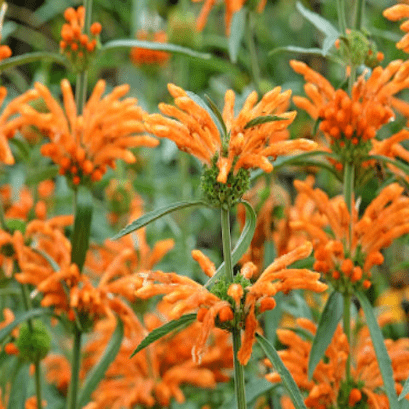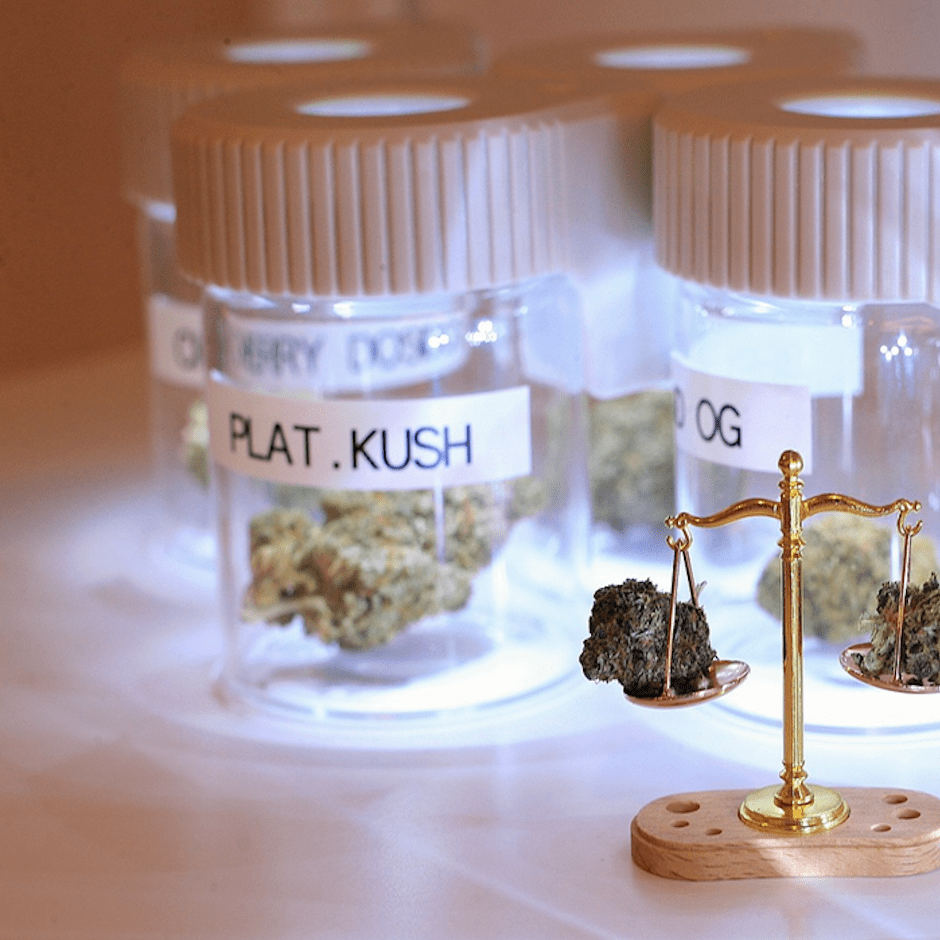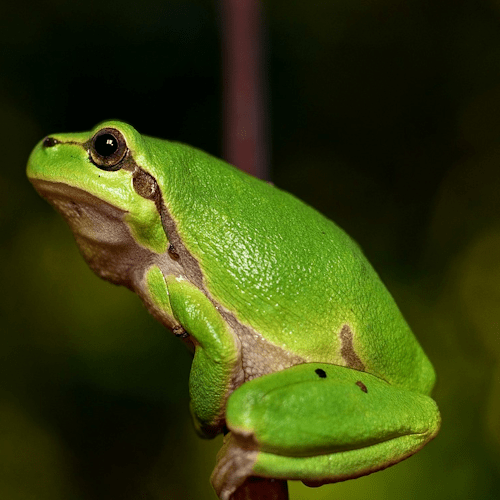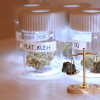Are you also so curious to explore the fascinating and evolving world of psychedelics and their impact on our consciousness? In recent years, there has been a growing interest in psychedelic substances such as LSD, psilocybin and DMT. People are curious about the potential therapeutic benefits and the ability of these substances to alter our perception and experience of the world. Read on quickly! Because we will delve deeper into how psychedelics can affect our consciousness and what this means for our understanding of the human mind.
Table of Contents
The history of psychedelics
Psychedelics are substances that have psychoactive properties and can induce an altered state of consciousness. Traditionally, psychedelics have been used for centuries in spiritual and shamanic practices, but recently they have also attracted the interest of scientists and mental health professionals[1] . When someone uses psychedelics, they often experience changes in perception and consciousness. They may experience intensification of colours and sounds, see patterns that repeat and perceive an altered sense of time and space[2] . These experiences are often described as mystical or transcendental and can be miraculous.
The role of the brain
To know how psychedelics affect our consciousness, we need to look at the effects they have on our brain. Studies show that psychedelics work by interacting with serotonin receptors in the brain, especially the 5-HT2A receptor[3] . This leads to increased neuronal activity and communication between different parts of the brain that are normally not strongly connected.
This disruption of normal brain activity can trigger a cascade of effects, such as changes in perception, emotions and thoughts. It seems that psychedelics reduce the suppression of information by certain parts of the brain, enabling new perspectives and insights.
Therapeutic potency
Although psychedelics are still largely illegal and their use is often stigmatised, there is growing evidence of their therapeutic potential in treating various mental disorders. Studies suggest that these substances can help treat depression, post-traumatic stress disorder (PTSD) and addiction. Psychedelics are increasingly used under the guidance of professionals in controlled environments, focusing on post-trip integration and therapy. Due to their ability to open the mind and provide new perspectives, psychedelics seem promising in promoting emotional processing and personal growth.
Types of psychedelics
There are different types of magic truffles, each with their own unique properties and effects on our consciousness. Psilocybe Atlantis is known for its strong visual effects and has an intense impact on consciousness. This truffle can lead to profound experiences, immersing you in colourful and vivid visuals. Psilocybe Tampanensis offers a unique experience that revolves around introspection and philosophy. This truffle can help you delve deeper into your own thoughts and gain spiritual insights.
Sources:
[1] https://www.ncbi.nlm.nih.gov/pmc/articles/PMC7959790/











